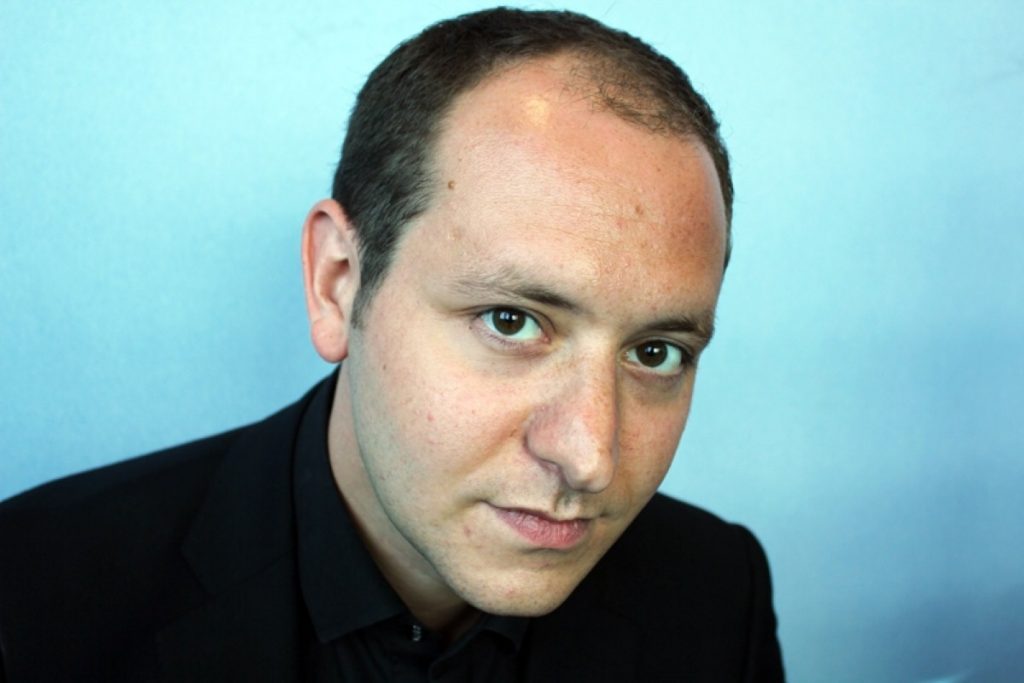Comment: The press is hypocritical and irresponsible – but we must defend it against the state
From the start, the press has behaved atrociously.
Even as the phone-hacking scandal was breaking – but before the Milly Dowler story shattered all standards of decency – it was complacent about what it was doing. Then, throughout the Leveson inquiry, it acted with its customary curtain-twitching cruelty, as if being able to count down the days until a celebrity girl turns 16 is a matter of freedom of speech.
The press holds two contradictory thoughts in its head at the same time. Firstly, that it is of the utmost importance. And secondly, that it is of no importance at all. The first is necessary for journalists' sense of their daily self-worth. The second is necessary to justify why they should not be robustly regulated.
The press is a power base. It must be subject to some level of democratic control. The libel system is not enough. It protects only the rich. The Press Complaints Commission is not enough. It protects no-one.


Under our current arrangements, the weird, the poor and the marginalised are playthings for a press whose sense of public interest rests on bullying the unfortunate rather than challenging the powerful.
As proof of its disinterest in the principles which it purports to uphold, the press has shown little support for a cheap arbitration service – a carrot put forward by the naive Lord Leveson. Would such a system, with minimal costs preventing a claim from being undertaken, prove attractive to campaigners, bores and celebrities (if we can tell them apart anymore)? Absolutely. Would that be a regrettable but proportionate price for giving members of the public some protection against an industry which can destroy their reputation? Absolutely.
In truth, the cheap arbitration service was all Leveson needed to propose, alongside exemplary damages in cases of sustained and serious libel, such as that of Chris Jeffries.
The suggestion that a dab of statute was needed was a mistake.
It was one of many mistakes made in the months following the report. Leveson made a mistake when he refused to answer questions on his report. It was taken as a sign of the arrogance journalists could be expected to face from politicians everyday once they had been cut down to size and it steeled them for a fight.
Oliver Letwin made a mistake when he proposed using the mechanism of a royal charter to push regulation through. We now have the appalling sight of ministers meeting in secret – we are not even entitled to know who they are – to decide on the regulatory system. Letwin was also wrong to allow Hacked Off anywhere near the negotiations.
The biggest mistake is the insistence on a two-third majority in the Lords and the Commons to amend the charter. It is not so hard to imagine a future authoritarian government, voted in with a landslide due to some crisis or other, using this mechanism to end a free press in Britain. You can write that off as science fiction if you like, but responsible constitutional problem-solving involves a degree of fantastical theorising about possible futures. The press is right to demand a triple lock on the charter which would be almost impossible to change. Anything less is gross irresponsibility. But a triple lock stands as a workable British version of the first amendment. It turns what could be a danger to free speech into a minor triumph.
Recent event have shown us how deeply unfit politicians are – as a class of people – to have any role in press regulation.
Grant Shapps' appalling threat to the BBC this weekend shows what happens when barren intellects find themselves with some degree of control over a free media. He effectively threatened to take away its rights to the licence fee unless it provide more favourable coverage of the government's policy programme. He was joined, a freedom of information request has confirmed, by Iain Duncan Smith, whose bullying tactics include demands for control over the words the BBC uses in news reports.
David Cameron, who has hitherto been commendably restrained and pensive in this debate, threatened to force the Guardian to stop publishing stories about the gross violations of privacy committed by our security services.
Despite his many faults, the prime minister is a decent leader with a good grasp of the appropriate limits of his power. The fact he is susceptible to this type of talk is proof positive of how dangerous it is to have politicians doing what they are currently engaged in.
It does not help that the press is oftentimes leading the fight against the BBC or the Guardian. It does not help that it has occasionally dressed up self interest in the most brazen appeals to high principle, or that it has pretended editors' and proprietors' interests are interchangeable with those of a free press, when the opposite is often true. It does not help that it has failed to support an affordable arbitration service or a whistelblowers hotline, or that it has pretended its relentless attacks on the poor, and minorities, and immigrants, are an example of speaking truth to power, that it so regularly paints bullying as victimisation.
It does not help. But it is not relevant. The grotesque spectacle of government ministers secretly deciding the limits of a free press overrules all of that. It is intolerable. No newspaper should sign up to it. No liberal could support it.
The opinions in politics.co.uk's Comment and Analysis section are those of the author and are no reflection of the views of the website or its owners.

